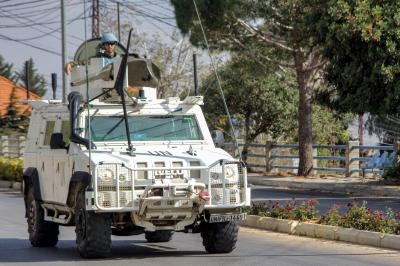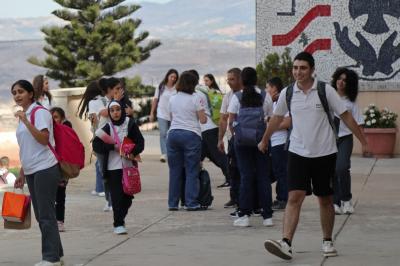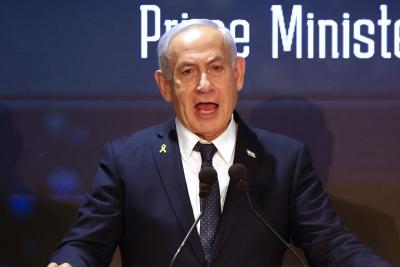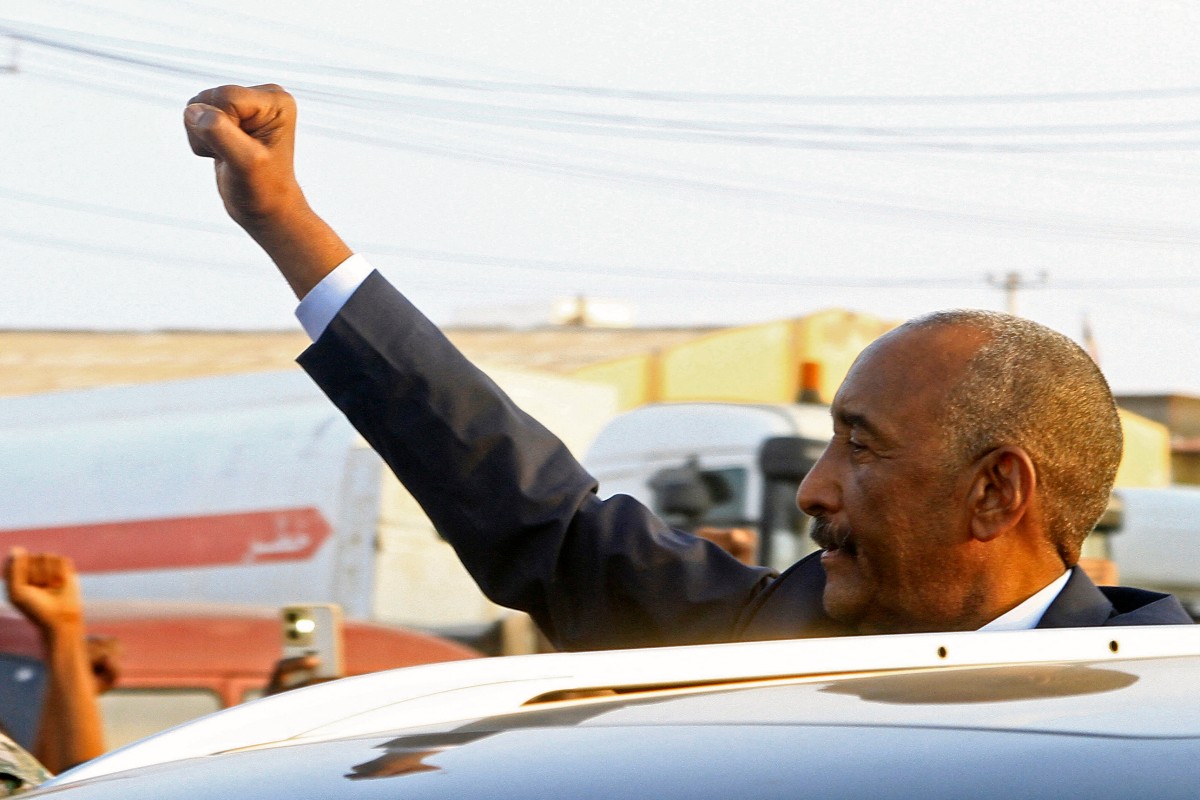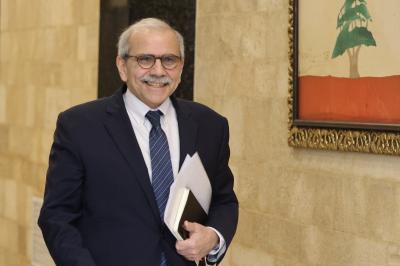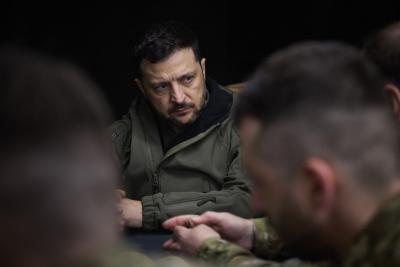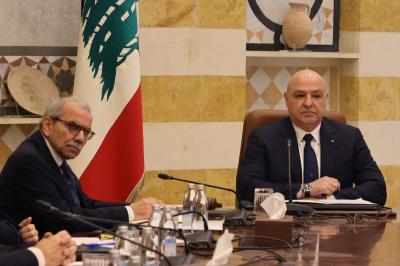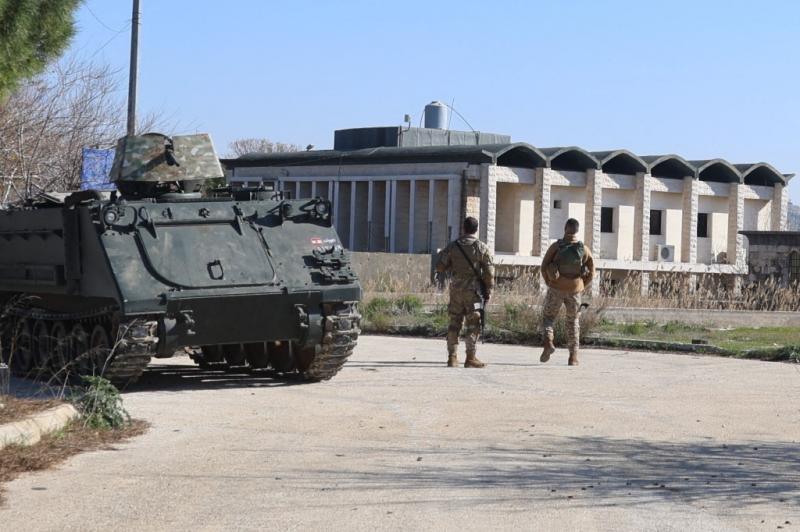While the world remains preoccupied with conflicts across the Middle East, Sudan is experiencing dramatic developments, with the military seemingly on the verge of securing control following a realignment of regional alliances in recent months.
This shift in Sudan’s political and military landscape did not happen overnight. It evolved gradually from a previously stable balance of power between the Sudanese Sovereignty Council and the military, led by General Abdel Fattah al-Burhan, and the Rapid Support Forces (RSF), commanded by Lieutenant General Mohamed Hamdan Dagalo, known as Hemedti.
For years, both factions shared control, but in April 2023, Hemedti seized key strategic areas, sparking intense fighting that nearly cost al-Burhan control of the capital, Khartoum. At one point, he lost the presidential palace and Omdurman, Sudan’s second-largest city, adjacent to the capital.
However, in late 2023, the army regained momentum, solidified its ranks, and gradually reclaimed RSF-held territories throughout 2024. Today, it has dealt a major blow to the RSF, securing most of Khartoum and effectively encircling Hemedti in his remaining strongholds.
The decisive shift stemmed primarily from evolving alliances, as well as growing public resentment toward RSF forces, particularly the Janjaweed militia, which forms the core of the RSF. Their excesses in Khartoum and other regions led to a backlash against them.
Regional Support for Al-Burhan
Al-Burhan now enjoys unprecedented regional support. Turkey, which has been expanding its influence from Asia into Africa, has played a crucial role. With strongholds in northern Iraq, northern Syria, and northern Cyprus, Turkey has encircled Sudan through its presence in western Libya, Somalia, and Chad. Additionally, it has deployed allied Islamist militias, such as the "Baraa Bin Malik Battalion," to fight alongside the Sudanese army.
A pivotal factor in this power shift has been the renewed alliance between the Muslim Brotherhood and Iran, which now cooperates closely with Turkey. After a reconciliation between al-Burhan and Tehran in October 2023, Iran began supplying the Sudanese military with weaponry, particularly drones. This assistance and longstanding Iranian ties to key army commanders significantly boosted the army’s capabilities against the RSF.
Turkey played a key role in restoring ties between Sudan and Iran, capitalizing on the warming relations between Iran and Saudi Arabia, which also backs the Sudanese military. This regional dynamic provided Sudan with a diplomatic cover to engage more openly with Iran.
For Iran, Sudan represents a crucial strategic opportunity. Following its losses in Syria, Tehran now seeks a foothold in Port Sudan on the Red Sea, opposite Israel. This move could derail Sudan’s normalization with Israel while also positioning Iran closer to Yemen and extending its influence across seven African nations bordering Sudan. Sudan, in turn, stands to benefit from Iran’s strong ties with Ethiopia, a relationship that al-Burhan hopes to leverage for future strategic gains.
Russia, Algeria, and Egypt: Expanding the Coalition
Russia has also shifted its allegiance from Hemedti to al-Burhan, securing a military base in Port Sudan as a compensation for its losses in Syria. This came at the expense of Ukrainian influence, which had previously allied itself with al-Burhan but was swiftly pushed out.
Meanwhile, Algeria has stepped in with substantial financial support for the Sudanese army, aiming to eliminate the RSF, which enjoys backing from the UAE. Chad, a supporter of Hemedti, poses a particular concern for Algerian President Abdelmadjid Tebboune, who fears the growing influence of the Rizayqat tribe—the core of the RSF—inside Algeria. Moreover, the UAE, which backs the RSF, is also a strong ally of Morocco, Algeria’s historic rival.
Egypt, however, remains Sudan’s most influential regional ally. As the most prominent Arab nation, Cairo is deeply invested in Sudan’s stability and has historically supported its military. Egyptian forces have directly engaged in combat against the RSF at various points in the conflict. Cairo’s strategic interest is further fueled by its ongoing dispute with Ethiopia over Nile water rights, with Sudan’s military gains offering Egypt leverage against Addis Ababa.
Sudan has also secured backing from Eritrea, and a recently announced military cooperation agreement with Egypt and Somalia will further bolster its armed forces.
Hemedti’s Shifting Focus to Darfur
On the other hand, the RSF has relied on Emirati support, largely as a reward for its role in the Yemen war. This backing allowed Hemedti to expand his control and amass significant resources, particularly gold from western Sudan. However, as the army consolidates power, RSF supply lines have become increasingly strained, making resupplying troops and acquiring weapons more difficult. Hemedti has also received support from Chad, Libya’s National Army, and Kenya, but their influence has been limited.
Facing mounting losses in Khartoum, Hemedti appears to be shifting his focus toward Darfur, his ancestral homeland. The RSF primarily draws its fighters from the region’s black African riverine communities, who still maintain distinct cultural and linguistic traditions. Hemedti has long exploited their historical grievances and sense of marginalization to rally them to his cause.
Despite publicly insisting on continuing the battle for Khartoum, Hemedti has repeatedly sought ceasefires—requests that al-Burhan has flatly rejected. Confident in his growing regional backing, al-Burhan is determined to press forward for a decisive victory, aiming for total military dominance over Sudan.
 French
French

